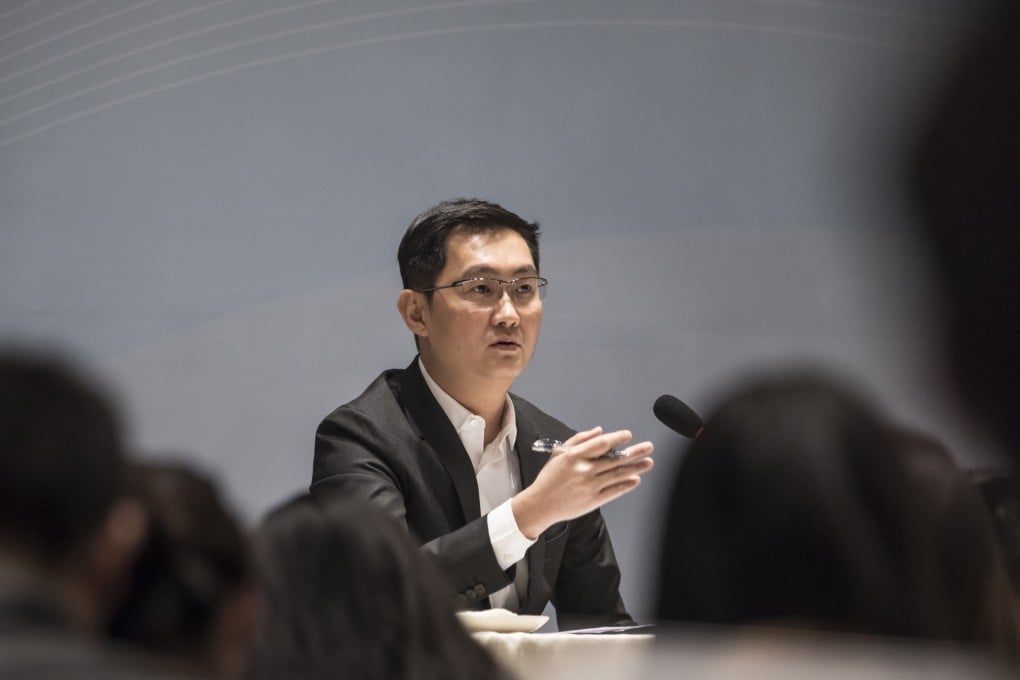Pony Ma explains Tencent’s vision for the future of the internet as Chinese tech giant searches for growth
- Tencent CEO Pony Ma Huateng first coined the term ‘quanzhen internet’, or ‘immersive convergence’, in the company’s annual brochure in 2020
- Tencent said ‘immersive convergence’ can help solve practical issues in real-life scenarios, suggesting a focus on commercial applications

The billionaire first coined the term, also known as “quanzhen internet”, in Tencent’s annual brochure in 2020, defining it as “the next wave of upgrade after the first decade of the mobile internet” and “a solution … to incubate a new industrial ecology and shape a new way of life” through the linkage of virtual and real worlds.
Few people understood what the term means and Ma had refrained from explaining further, until the Shenzhen-based company published a white paper this week together with consultancy Accenture, which put flesh on the bones of Ma’s elusive concept.
“The door to the future of ‘immersive convergence’ is opening with continuous breakthroughs in software and hardware technologies, such as cloud computing, artificial intelligence, and extended reality,” the CEO said.
“Tencent has been a connector from the personal computer era to the mobile internet era, and we hope to use digital technologies to enhance the real world in the journey of ‘immersive convergence’.”
Sample applications include the Zoom-like service Tencent Meeting, digital factories and the use of artificial intelligence in finance, the company said.
